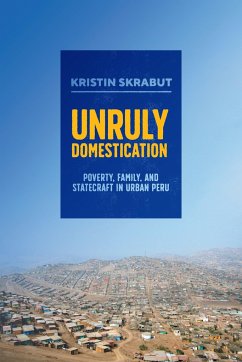
Transnational Narratives from the Caribbean
Diasporic Literature and the Human Experience
Versandkostenfrei!
Versandfertig in über 4 Wochen
187,99 €
inkl. MwSt.
Weitere Ausgaben:

PAYBACK Punkte
94 °P sammeln!
This book affirms the importance of narrative as a discursive mode to understand the human face of contemporary migrations and dislocations. Focusing on the Caribbean double-diaspora, it considers works by Kincaid, Cliff, Danticat, and Phillips. It re-thinks socio-scientific analyses of diaspora by discussing the embodied experience of diasporic communities, drawing on Caribbean, Postcolonial, Diaspora, and Indigenous Studies along with theories on "border thinking" and coloniality/modernity. Pulitano situates the transnational location of Caribbean-born writers within current debates and expl...
This book affirms the importance of narrative as a discursive mode to understand the human face of contemporary migrations and dislocations. Focusing on the Caribbean double-diaspora, it considers works by Kincaid, Cliff, Danticat, and Phillips. It re-thinks socio-scientific analyses of diaspora by discussing the embodied experience of diasporic communities, drawing on Caribbean, Postcolonial, Diaspora, and Indigenous Studies along with theories on "border thinking" and coloniality/modernity. Pulitano situates the transnational location of Caribbean-born writers within current debates and explores the role of immigrant writers in discourses of race, ethnicity, citizenship, and belonging.













